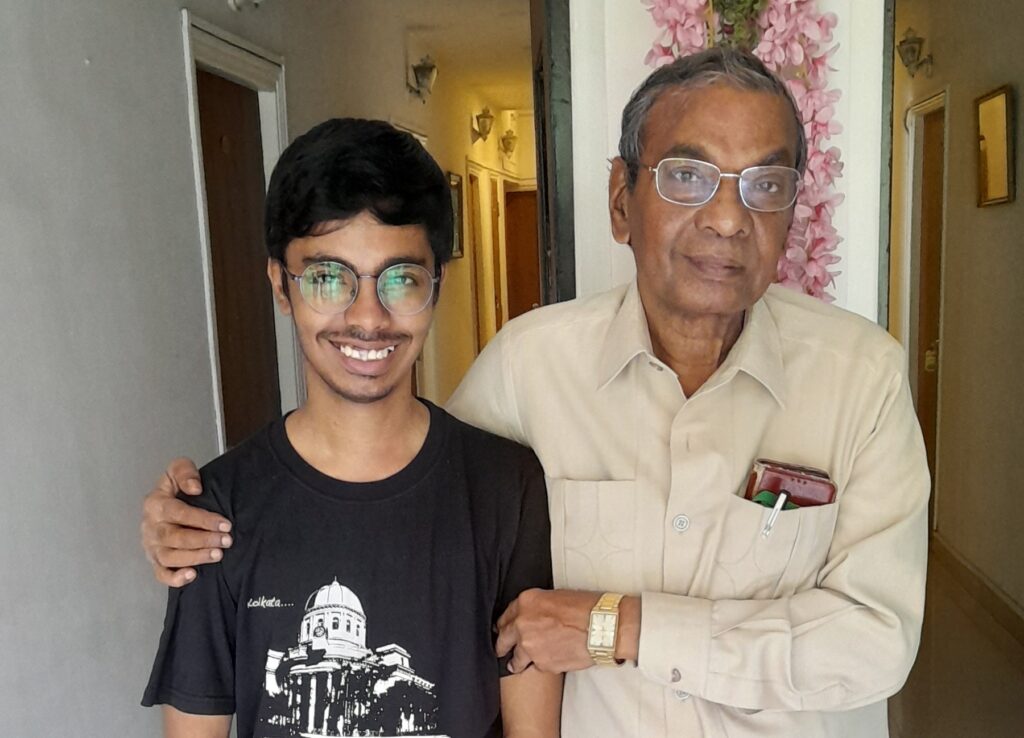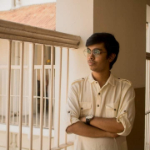INTERVIEW BY OWSHNIK GHOSH

Image Used For Representation
N Gopi is an eminent Telugu poet and prose writer. His poems have been translated into a number of Indian and foreign languages. He has published more than 50 books in his credit. He is a recipient of Sahitya Akademi Award. He introduced a new form of poetry in Telugu which is called Naneelu. It is widely adopted and used by his next generation of poets.
O.G. How were the early days of your writing career?
N.G. When I was in school, I started writing my poetry. In 8th standard, when I was 13 years of age. I was a voracious reader. In my town, it was a village at that time, I completed reading all the books of the library of three thousand books there. Whether I understand or not, I went on reading. In our house there were no electricity and all. I used to light a lamp and read and my mother used to scold me for my eyes may get damaged in that dim light. But that dim light gave me my vision. I wanted to become a language teacher. I did my masters in Telugu literature. My frequency of writing started at that time.
O.G. With reference to your answer, for a young writer how important it is to read more and more?
N.G. It is very important, I think. But the problem is at present the youth are having little patience. In our generation we were veracious readers. Now, this mobile phone is our enemy (Smile). These social media and all. This is easy. If you read a book, you can touch it. But this social media and all don’t go into your heart. This is only a communication medium. So, in life if you want to win you have to read books, there is no other way round.
O.G. Who were the poets who influenced you the most?
N.G. While in school Narayan Reddy influenced me. I read all the Telugu poets of that time. I found my own voice in my poems when I started writing. My life, my poverty, love for people around me, these all things contributed to my poetic vision. Basically, I’m a humanist poet.
O.G. In South there was a rich tradition of Bhakti poetry which influenced many of the poets of your generation too. Did that have any impact on you?
N.G. That is an academic interest for me not in my literature. My life is my poetry. It is today’s life: now how I look at things, observe things and so on.
O.G. You’ve been a successful academician throughout your life. How have you balanced between your poetry and academics?
N.G. Even now, without poetry I just can’t move. It has become a part of me. Even when I travel, I read and write. I always carry a notebook with me. Without a poem I never got off any flight. I’m a bhabuk. Even now when I’m talking to you, I can see myself as a young boy 50 years back. Poetry means to me: seeing the world through my heart, not through my brain.
O.G. What is your view on the social responsibility of a writer?
N.G. Poets should have the guts to condemn which is harmful to the society. Specially he should be a humanist. Without that what is the use of poetry?
O.G. Your works have been translated into a number of languages. What is the response do you get from your pan-Indian readers?
N.G. I think readers love my poetry and they read them. Translation is more difficult task than original writing. It’s like a sacrifice in a way.
O.G. You said to me that you sat with the translators while they translated. So how was the experience of those collaborative translations?
N.G. Those are great experiences! You can explore the similarities and differences between two languages in the process. For any language there are two layers: one is inner structure, another is surface. There may be a difference in the surface structure for each language. But the inner depth is the same just like human beings.
O.G. With reference to your answer, what is the problems of translating from one language to another faced by a translator?
N.G. That’s the reason I sat with them. I was there to answer their questions if they had any. They used to ask me what this & that is and in turn I used to learn from them. Language families are different, their ethos is different but as I told you the deep structure is the same. The translator has to catch hold of the idioms: how is it in the source language and how it goes in the target language. Emotions are the same but how they are travelling in that language is important. Translation is like an ocean.
O.G. You have represented Indian poetry to different international literary forums and festivals. What’s your experience?
N.G. I can say this, because of translation only I could communicate to them. Rendering is also very important there.
O.G. Last question, what is your philosophy of poetry?
N.G. Poetry should come inevitably. It should ultimately advocate the welfare of human beings, human values. Love and Karuna should be the elements of poetry. Poetry is a unique voice. If a poet has his voice, maybe it is minority, but it will have its effect. It’s like a silent revolution. You will recur your protest in the history which will go a long way. A poet’s voice doesn’t die, it travels.
Also, read Love Has its Reasons and Other Poems by Sylvie Kandé translated from the French by Patrick Williamson and published in The Antonym:
Follow The Antonym’s Facebook page and Instagram account for more content and interesting updates.


























0 Comments